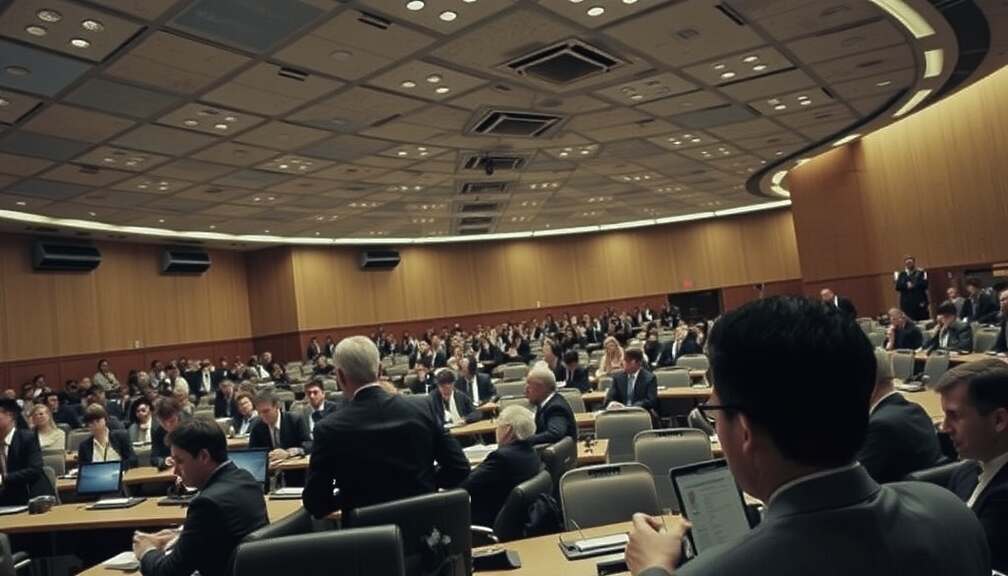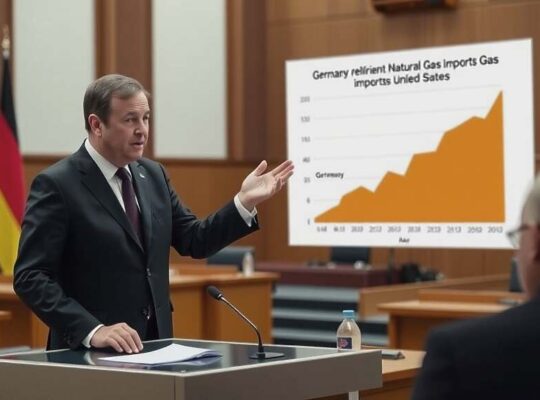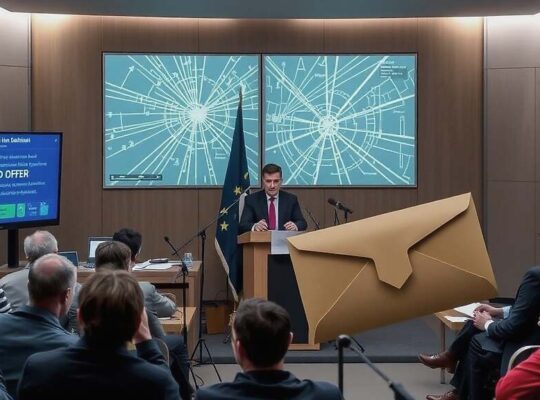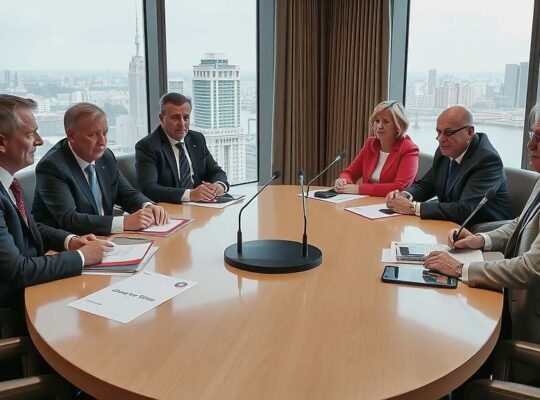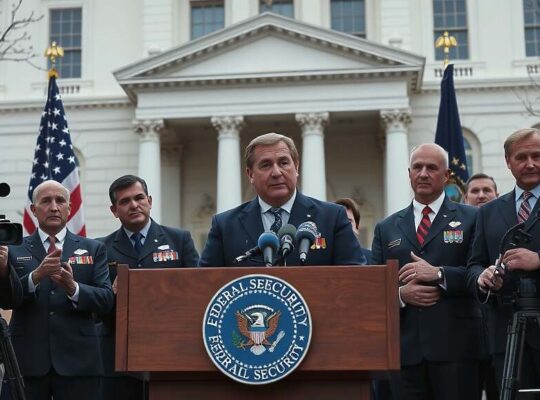The escalating global arms race, particularly involving Russia and China, has drawn a surprising degree of understanding from a senior German conservative politician regarding US President Donald Trump’s recent announcement of renewed nuclear weapons testing. Jürgen Hardt, the foreign policy spokesperson for the CDU/CSU parliamentary group, while acknowledging concerns about the overall increase in nuclear arsenals worldwide, shifted the blame for the current trajectory outwards from Washington.
Hardt argued that Russia initiated the latest cycle of militarization through the deployment of intermediate-range nuclear missiles in Europe, a direct violation of existing international agreements. He further cited China’s substantial build-up of military capabilities as contributing factors, stressing the urgency of de-escalation. “The key lies in Moscow and Beijing – and not in Washington” he stated in an interview with RTL and ntv.
His comments represent a notable divergence from the usual chorus of condemnation directed at US nuclear policy, sparking debate regarding the complexities of geopolitical responsibility. Hardt defended the US “nuclear umbrella” as a crucial guarantor of German and Western European security, suggesting that modernization of the US arsenal – including potential testing – is a justifiable response to Russian and Chinese actions.
This perspective, while seemingly pragmatic, has drawn criticism. Analysts point out that justifying American nuclear testing based on Russian actions risks perpetuating a dangerous cycle of escalation and could undermine existing arms control treaties. Furthermore, it sidesteps the responsibility of the United States, a nuclear superpower, to demonstrate leadership in promoting disarmament and fostering international stability. The comments highlight a growing tension within European political discourse: the need to address Russian and Chinese military expansion while avoiding a reactive and ultimately destabilizing response from the United States.


